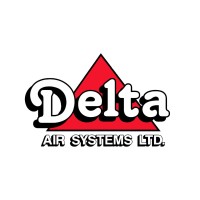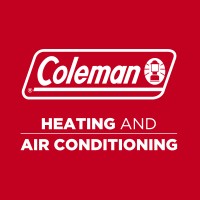
Delta Air Systems
An HVAC company located in Waterloo Ontario. Serving residential and commercial customers with heating, air conditioning and indoor air quality products sales and service. Delta was established over 40 years ago and has experienced steady growth by focusing on quality installations and customer service. Delta has been a Lennox Premier Dealer for 20 over years.






